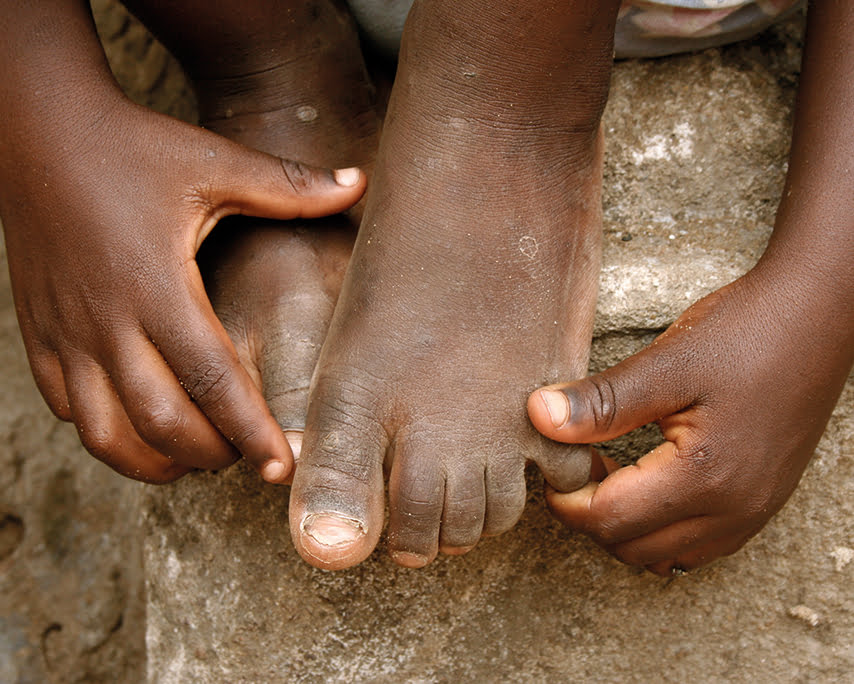International Day of Innocent Children Victims of Aggression
Aggression against children is a serious issue with long-lasting effects on their physical, emotional and psychological well-being. Most typical forms of aggression on children today include physical, verbal and emotional abuse, as well as neglect, sexual abuse, bullying and cyberbullying. A closer look at children who are victims of aggression will reveal tell-tale signs of such abuse. These could be either physical, emotional or behavioural signs such as unexplained injuries, excessive fearfulness, anxiety, withdrawal from friends and activities, aggressive behaviour or changes in eating or sleeping patterns. As a society, it is our collective responsibility to protect children from these harmful experiences. This begins with educating ourselves and others about the signs and impacts of aggression.
Awareness is the first step in prevention, enabling parents, educators and caregivers to identify and address abuse early. Child abuse awareness through quality education can be effective and empowering to parents and caregivers to help them help children in need. Abuse awareness education is a good start to identifying the signs of abuse. In most cases, it may not be easy to identify a child has been abused. This is further exasperated when children do not notify their parents or caregivers of an abuse. Children either feel embarrassed or humiliated, think no one will believe them, are afraid of their parents or do not know how to express what has happened to them. It is for this reason parents need to know how to look for and identify signs of abuse actively. Additionally, awareness of child abuse ensures that caregivers are correctly equipped to deal with the situation and get their children the help they need.
The harsh reality is that every child victim of aggression and abuse knows their abuser. These are likely to be people the children trust, making it even harder to notice an abuser’s behaviour. Therefore, to prevent such cases from happening in close quarters, it is imperative to understand child abuse prevention education, where parents and caregivers learn to get comfortable talking about abuse with their children and what steps they can take to resist and report it when it happens to them.
African societies traditionally emphasised community care, where children were seen as the collective responsibility of the community. Elders and extended family members often played crucial roles in nurturing and protecting children. Additionally, storytelling was a powerful tool in African cultures that was used to teach values, ethics, and societal norms. Through stories, children learnt about respect, empathy and the consequences of negative behaviours such as aggression. However, due to various factors such as urbanisation, increased levels of poverty and lack of quality education, most of these traditional solutions have been neglected as pressures of life take over. The lack of a community and effective support system around families necessitates every parent and caregiver to understand what is at stake with their children’s safety and well-being.
It is equally important to note that taking a stand against aggression on children requires a combined effort from both individuals and organisations. By educating themselves, creating safe environments, advocating for children’s rights and providing support and resources, both can play a crucial role in preventing and addressing child aggression, ultimately ensuring a safer and healthier future for children.
This year’s International Day of Innocent Children Victims of Aggression is a good time as any to remember that by educating parents, educators and caregivers about the signs and symptoms of abuse, we create a more vigilant and responsive community. This awareness can lead to earlier intervention, which is crucial in protecting children and providing them with the necessary support and resources.



